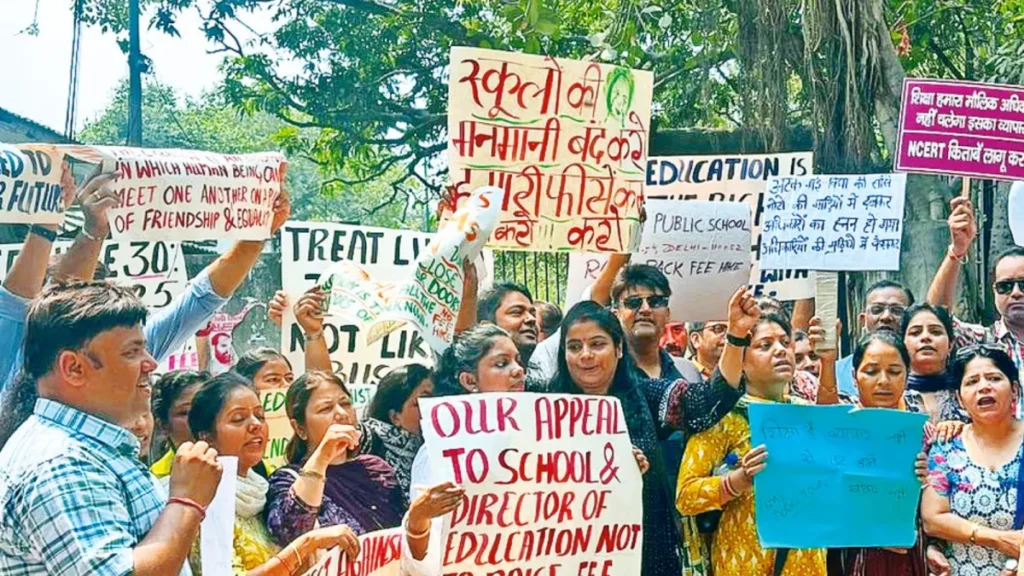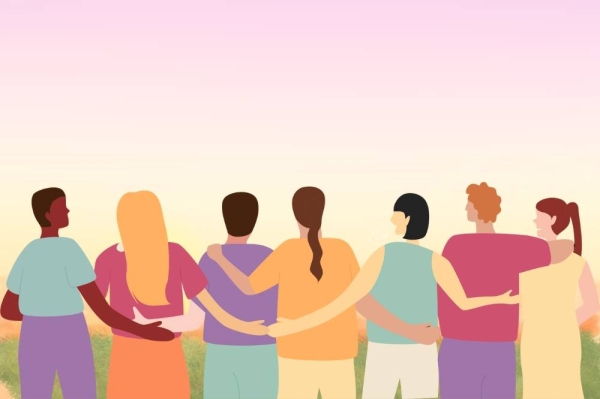Now Reading: The Unseen Weight of Always Being the “Responsible One”
-
01
The Unseen Weight of Always Being the “Responsible One”
The Unseen Weight of Always Being the “Responsible One”

Being called responsible is often seen as a compliment. It means you’re dependable, mature, and can be trusted. But behind that praise lies a quiet pressure that many people carry without even talking about. Especially in Indian families and Tier 2 cities, where expectations are deeply rooted, being “the responsible one” often comes with a heavy mental load that rarely gets acknowledged.
Responsibility isn’t just about doing things—it’s about remembering everything
It’s not just about paying bills on time or keeping things in order. The mental load of responsibility means constantly thinking ahead—what’s missing, what could go wrong, who needs what, and how to keep everything running smoothly.
You may not realise it, but the person in the house who remembers birthdays, plans for emergencies, keeps track of groceries, reminds others of appointments—that’s the one carrying the load. And more often than not, they do it silently.
This weight shows up in small ways
It’s the exhaustion that doesn’t go away after sleep. It’s the irritation when others forget things you’ve already accounted for. It’s the loneliness of feeling like no one else is watching out for the details because they trust you will.
In middle-class Indian households, especially in Tier 2 cities, this role often falls on the eldest sibling, the mother, or the most “sorted” person in the group. And while everyone praises their efficiency, very few ask how they’re holding up.
The problem with always being reliable
Once people see you as responsible, they stop checking in. You become the one others lean on, but rarely lean toward. And when you finally get tired or need help, it feels like you’re letting everyone down.
This leads to burnout, emotional fatigue, and sometimes even resentment. Not because you hate being reliable—but because being responsible shouldn’t mean being invisible.
Sharing the load starts with speaking up
The first step is recognising that carrying it all, all the time, is not a badge of honour—it’s a quiet strain. It’s okay to ask for help. It’s okay to say no.
In families and social groups, especially in cities where traditional roles are still strong, we need to start sharing responsibilities instead of assigning them to the same person over and over. Whether it’s household chores, financial planning, or emotional labour—these are not solo jobs.
Let’s normalise balanced support
Being responsible is valuable. But so is being supported. Everyone benefits when the mental load is shared fairly. That means asking others to step up, involving younger members in planning, and not expecting the same person to always hold it together.
It’s time we stop mistaking silence for strength and start noticing the quiet efforts behind a well-managed life.
The bottom line
Responsibility isn’t just about getting things done—it’s about the constant, invisible work of keeping life running. If you’re the “responsible one,” know that your effort matters, but you don’t have to carry everything alone.
And if you know someone like that, don’t just say thank you. Ask how they’re doing. Offer to take something off their plate. Because true support means showing up—not just when asked, but when it’s most needed.

























